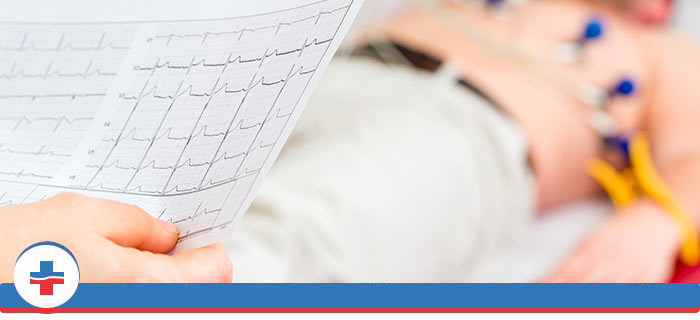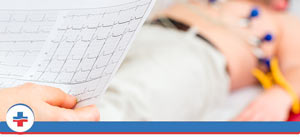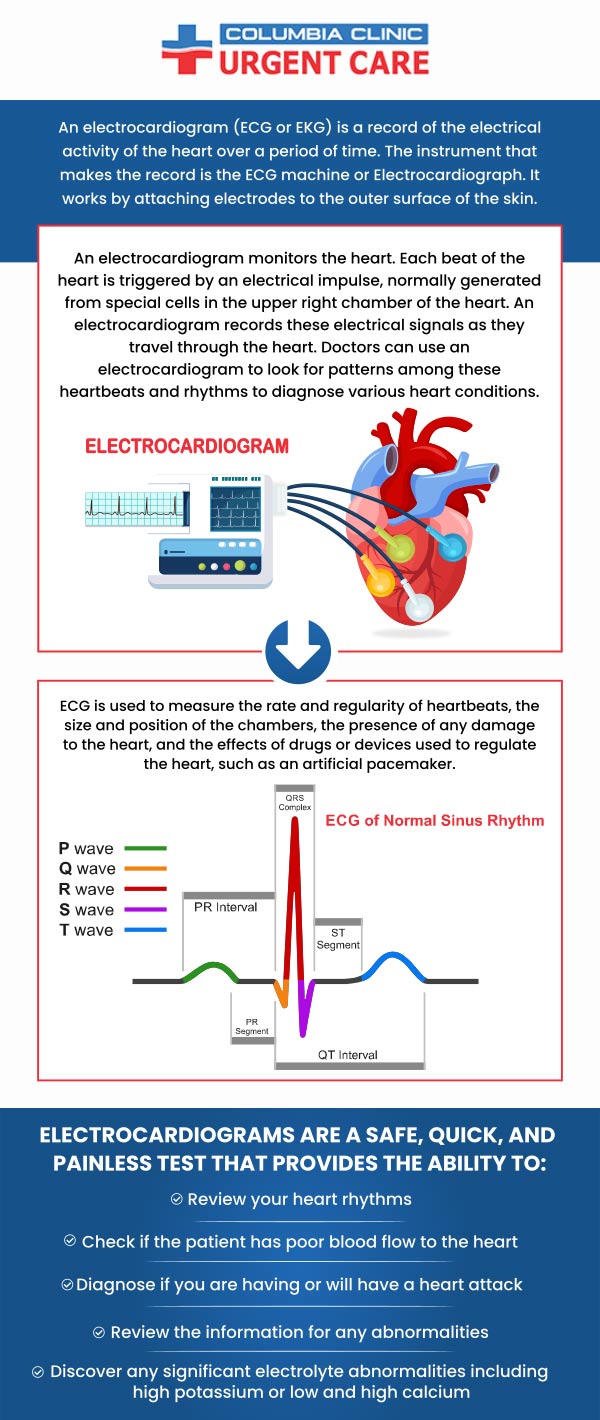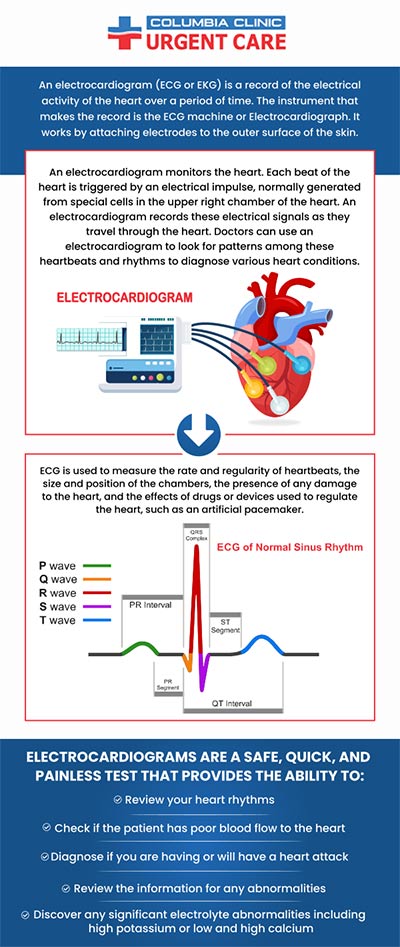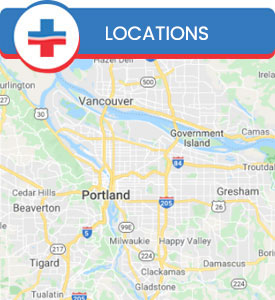*In case of a life threatening emergency, immediately call 911.
**For any medical procedures, patients may respond to treatment differently, each patients results may vary.
***The photos on this website are for illustrative purposes only. The individuals pictured are models unless explicitly identified as a client/patient/customer/staff/employee.
****Information on this site is not intended or implied to be a substitute for professional medical advice, diagnosis or treatment. All content contained on or available through this site is for general information purposes only.
*****By using this website and sending us your information, you are giving us permission to contact you by electronic and non-electronic means. We also track the conversions and collect user data to improve marketing.
******3rd party tracking services, like Google Analytics, Google Tag manager, Facebook, Instagram, Meta Pixels track, collect and use IP address and other data and location data about patient PHI.
Read complete notice.
*******If you are vision-impaired or have some other impairment covered by the Americans with Disabilities Act or a similar law, and you wish to discuss potential accommodations related to using this website, please contact us.
